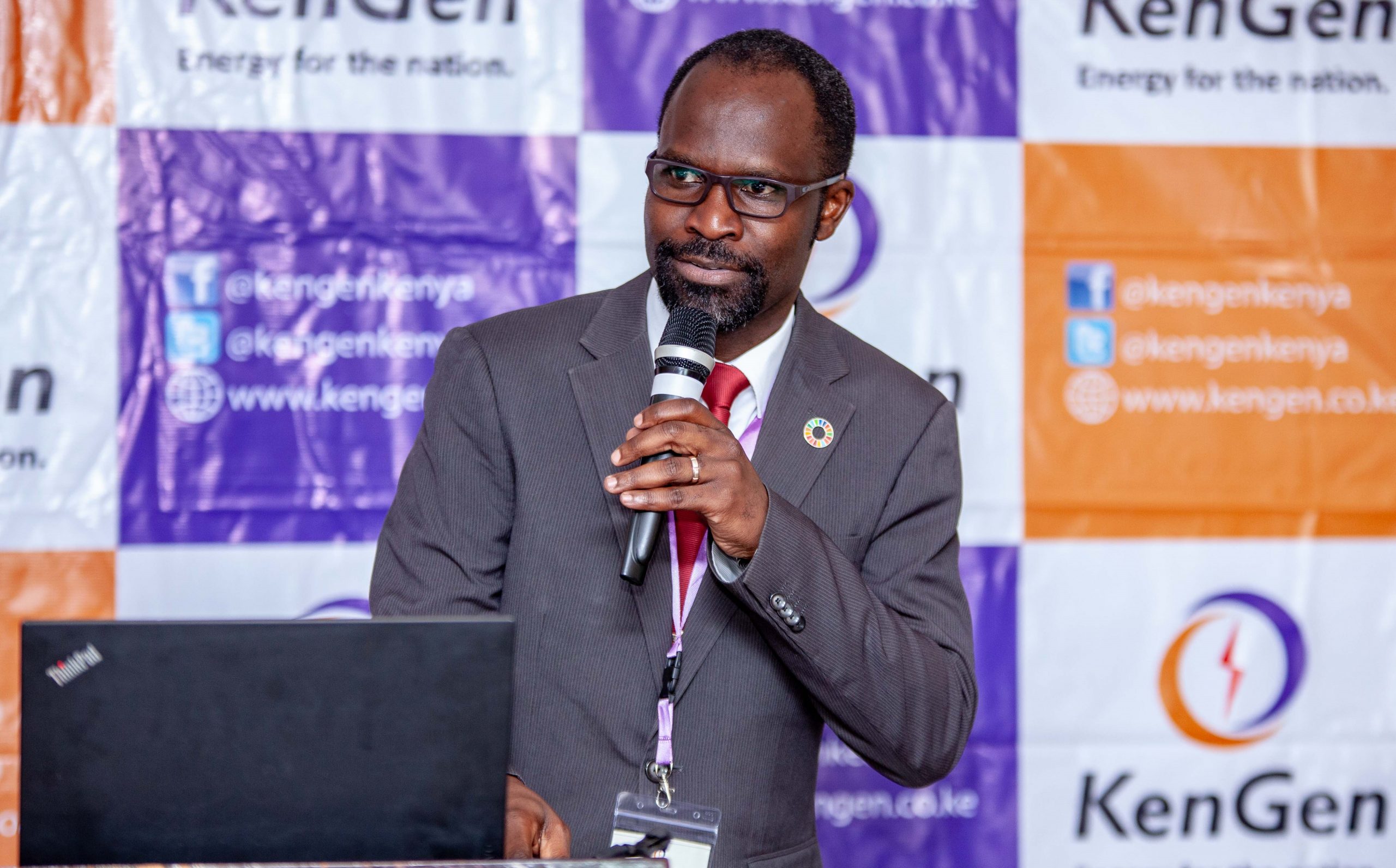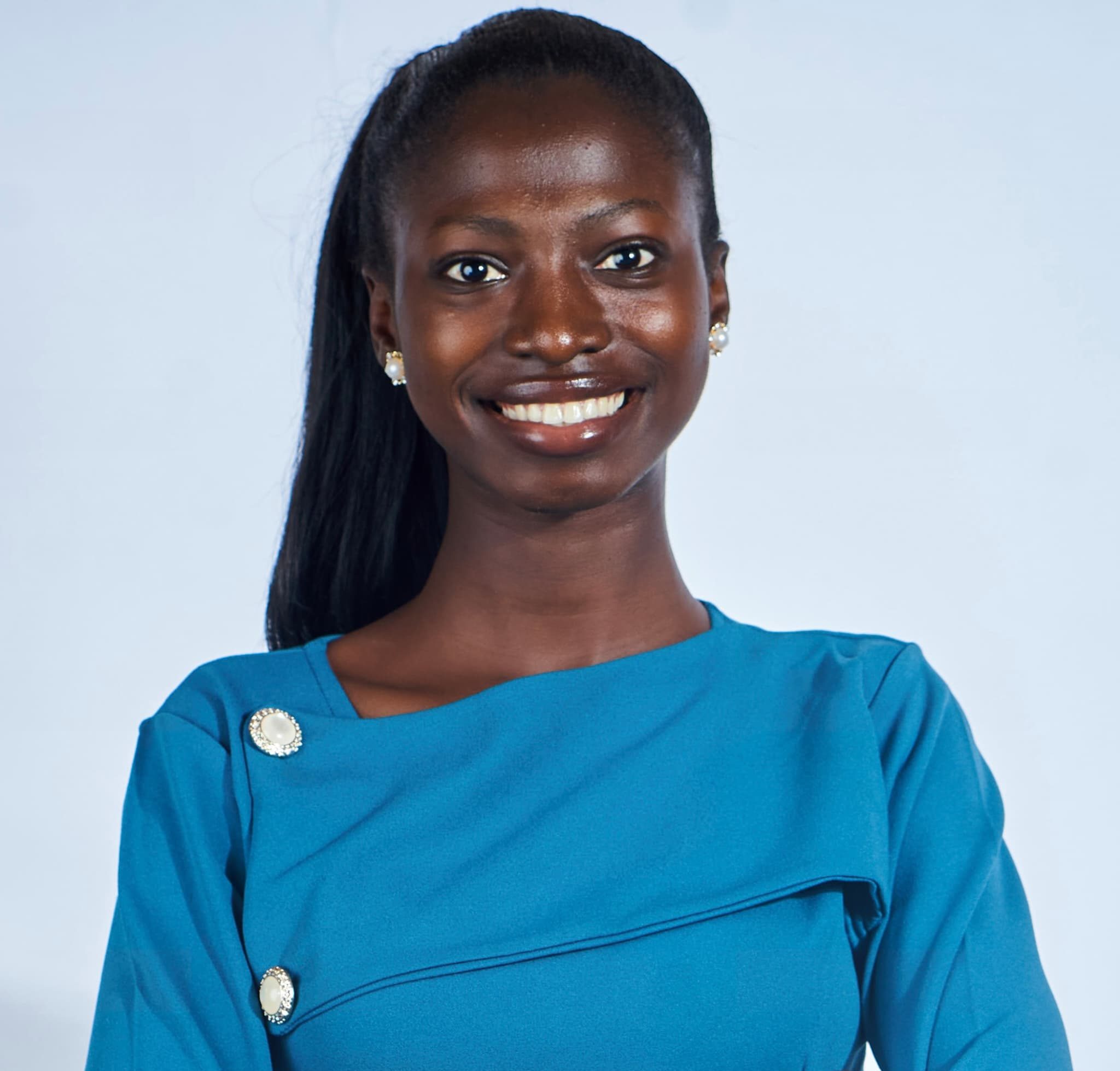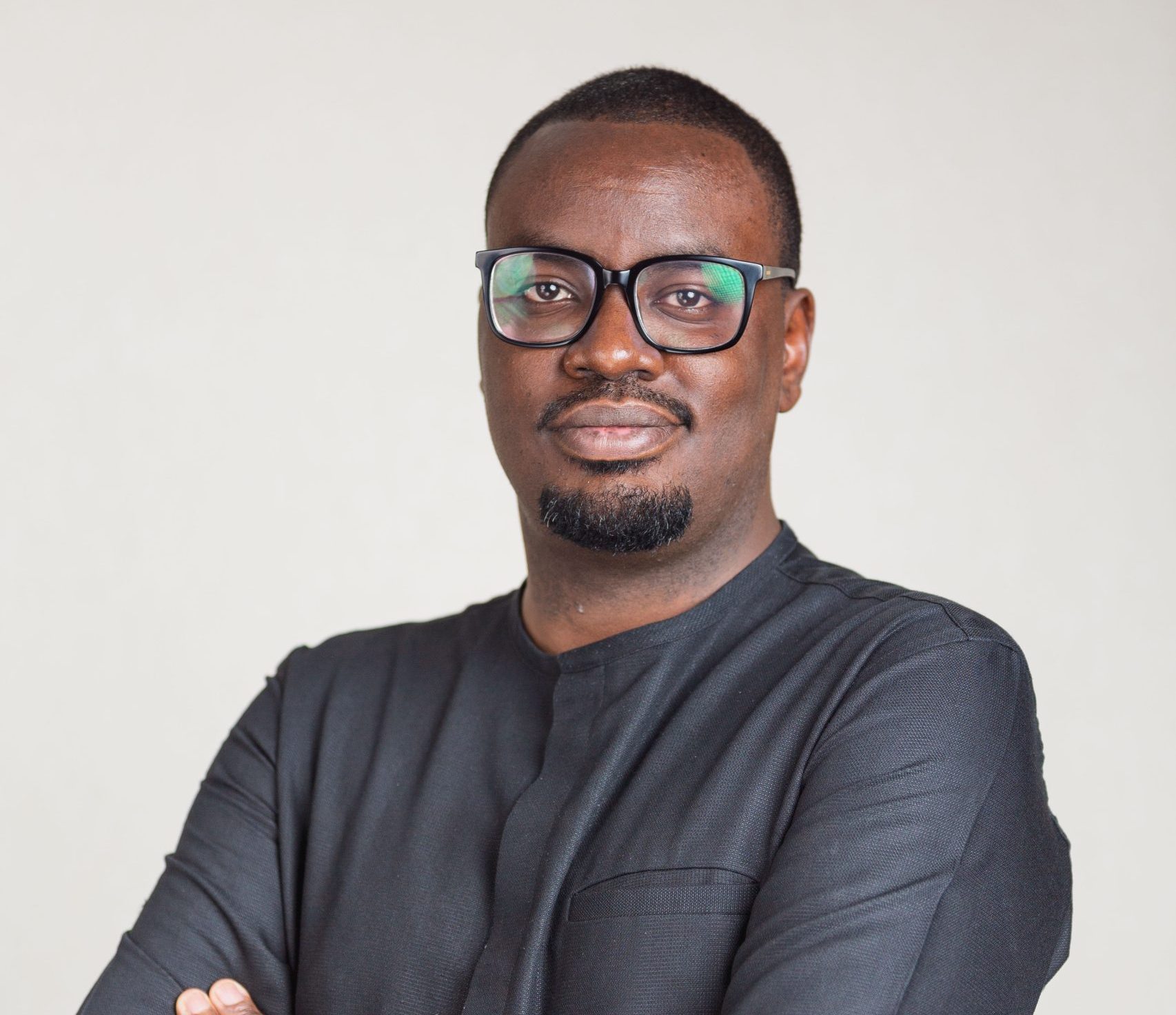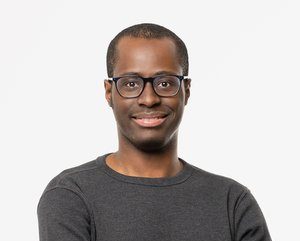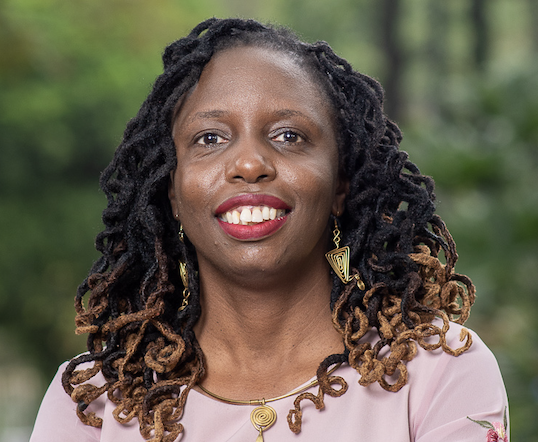Frank David Ochieng is a seasoned and versatile Public Relations Professional with an illustrious career spanning over 15 years in communications specialty areas including: Corporate Communications, Marketing Communications, Media Relations, Digital Communications, Journalism, TV production, Stakeholder Relations, Corporate Social Investments (CSI), Customer Management, and Philanthropy among others. Frank has honed his skills over the years, growing to the zenith of PR practice in Kenya, with a global outlook, having worked in both private sector and government setting. He has experience in designing and drafting strategies around business sustainability particularly with his five years’ experience at the Kenya Electricity Generating Company (KenGen) Plc.
He started out as a journalist but has continued to thrive as a leading communications professional through his determination and thirst for knowledge.
Enjoy this refreshing and candid interview with Frank.
What do you love most about working in the communications field?
I love communications because of its depth and diversity. I love telling stories. I love creating influence. Communications and Public Relations (PR) skills are needed in just about any field today and more so in this age where the four corners of the world have virtually been collapsed to one. Today, PR has become the most powerful tool.
Many refer to PR people as rainmakers, magicians, miracle workers, spin doctors and other superlatives which in a way is true. A good communicator masters over time how to use words to create a desired meaning, tell stories that impact and inspire, and create pictures that explain even the most complex of concepts. I cannot think of a better way to serve one’s purpose in life than when doing all these things.
It, however, takes time and practice to be able to communicate effectively at a professional level. An experienced professional communicator will do it seemingly effortlessly and make complex things appear simple at face value. This unfortunately may sometimes lead others to believe that just about anyone can do what we do. That is where they go wrong and only realise when it is too late. I also enjoy doing crisis communication because this gives PR an opportunity to rectify some of the past blunders and close the gaps.
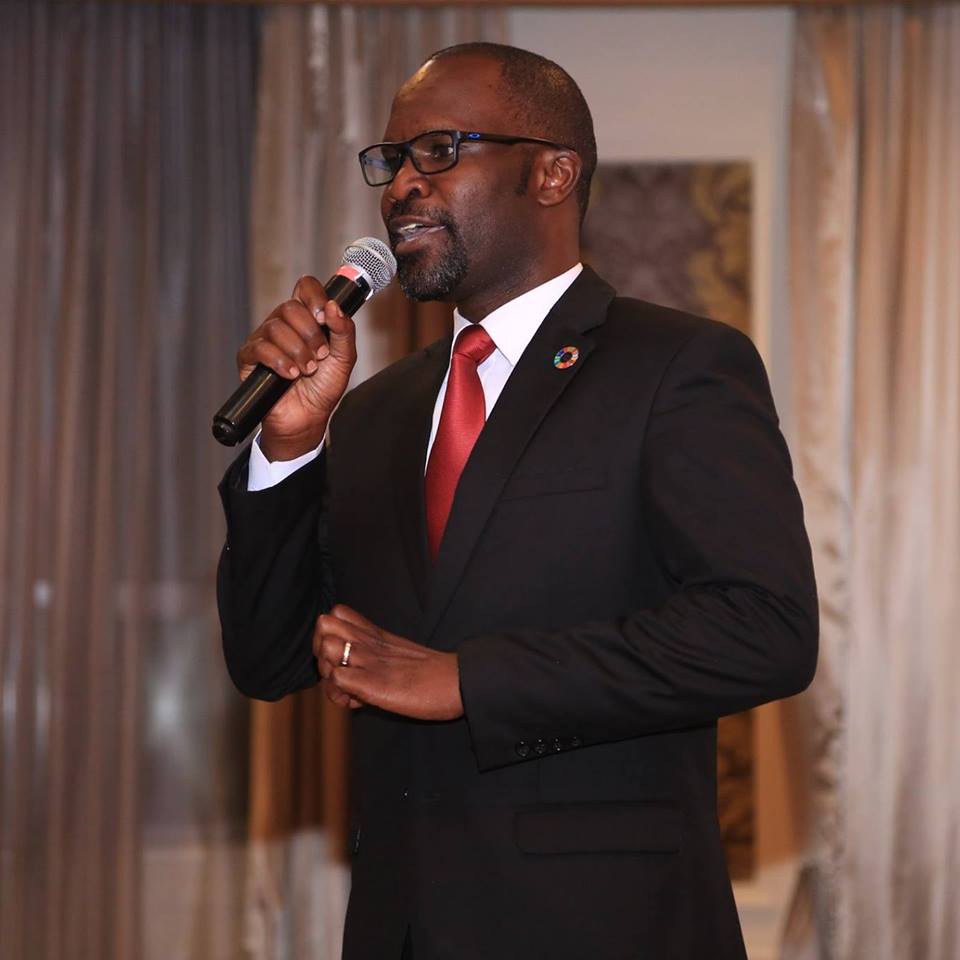
Can you take us through what you do within your role as a Chief Communications Officer?
My job entails two wide areas: long-term strategic functions and short-term or what others may call routine roles. As with many other professions, it is the seemingly mundane roles that get noticed. Hardly do we get to showcase the behind-the-scenes activities. It is the end that matters the most.
Some of the key duties include:
- Communication Strategy Management. This entails development and implementation of internal and external communication strategies and plans covering Employee Communications, Stakeholder Relations, Investor Relations, Reputation Management, Brand Building, Perception Management, Event Management and Media Relations, among others.
- Operating Environment Scan. Monitoring market development by keeping up to date with industry trends and conduct Customer and Stakeholder Satisfaction Surveys as a way of knowing and understanding the needs of stakeholders and developing strategies to meet them.
Others include executive messaging, publications, agenda setting, thought leadership and management of Corporate Social Investments (CSI) programs.
What are some of the deliberate steps you took to rise through the ranks in your career?
Education: To succeed in Public Relations, certain skills go hand in hand with the education certificate. However, personally, I believe that higher levels of Communications and PR practice require one to have at least a degree in Communications, Public Relations or Media Studies.
Develop the Right Skills: The most important tool one needs to succeed in this profession is to have the right set of skills and know how to package or sell them. Fortunately, most of the required skills can be learned over time. Writing and storytelling are examples of skills that you cannot survive without in the industry. To thrive, you must be good in both writing and storytelling. This is something I had to learn from the outset and continue to do so to date.
Media Background: I started off as a journalist, practicing for a few years but had my eyes set on Public Relations during my final year at the University. The journalism background gave me the nose for news, helped me improve my writing skills and equipped me with other useful lessons that make a career in PR easier. This was my way, but I believe that one can still thrive in PR without a media background.
Wide Experience: The other thing I was deliberate about as I was starting out was to gather experience from various fields. In my earlier years, I worked with several organisations in various fields, both private and public, including civil society, academia, media, water sector, among others and now working in the energy sector – an exciting industry for communicators. In the same way, I read widely and deeply on just about any topic. I am, however, lazy when it comes to reading newspapers, especially our local papers where preference is given to advertising at the expense of in-depth literary pieces.
Desktop Publishing (DTP): I worked for a Publishing House as an Assistant Publisher which gave me good experience in book publishing, including manuscript writing, proofreading, editing, layout, design, and printing. When I was at it, the job was not satisfying, and I even found it boring and left. Years later, however, the skills I learnt while at that publishing firm are today quite useful. Almost all tools of communication will require one or all of DTP skills. Like Steve Jobs once said, “You can’t connect the dots looking forward; you can only connect them looking backwards. So, you have to trust that the dots will somehow connect in your future.”
Networking: Once you have the skills, you must put yourself out there and be noticed. Join professional association, e.g., I am an active Full Member of the Public Relations Society of Kenya (PRSK) and Media Council of Kenya (MCK) and other professional networking groups. Work on personal branding and learn from other people – both successes and failures. I love the failures more because when I learn from other people’s failures, I avoid the costly loss and setbacks that come with experiencing it first-hand.
Confidence: Immediately after graduation, I refused to shy away from any jobs that I felt I could do. I deliberately grew blind and defiant to the limiting clauses in job vacancies, including years of experience and the requirements put as ‘added advantage’. If I saw something I thought I could do, even if I lacked some of the listed requirements, I went for it.
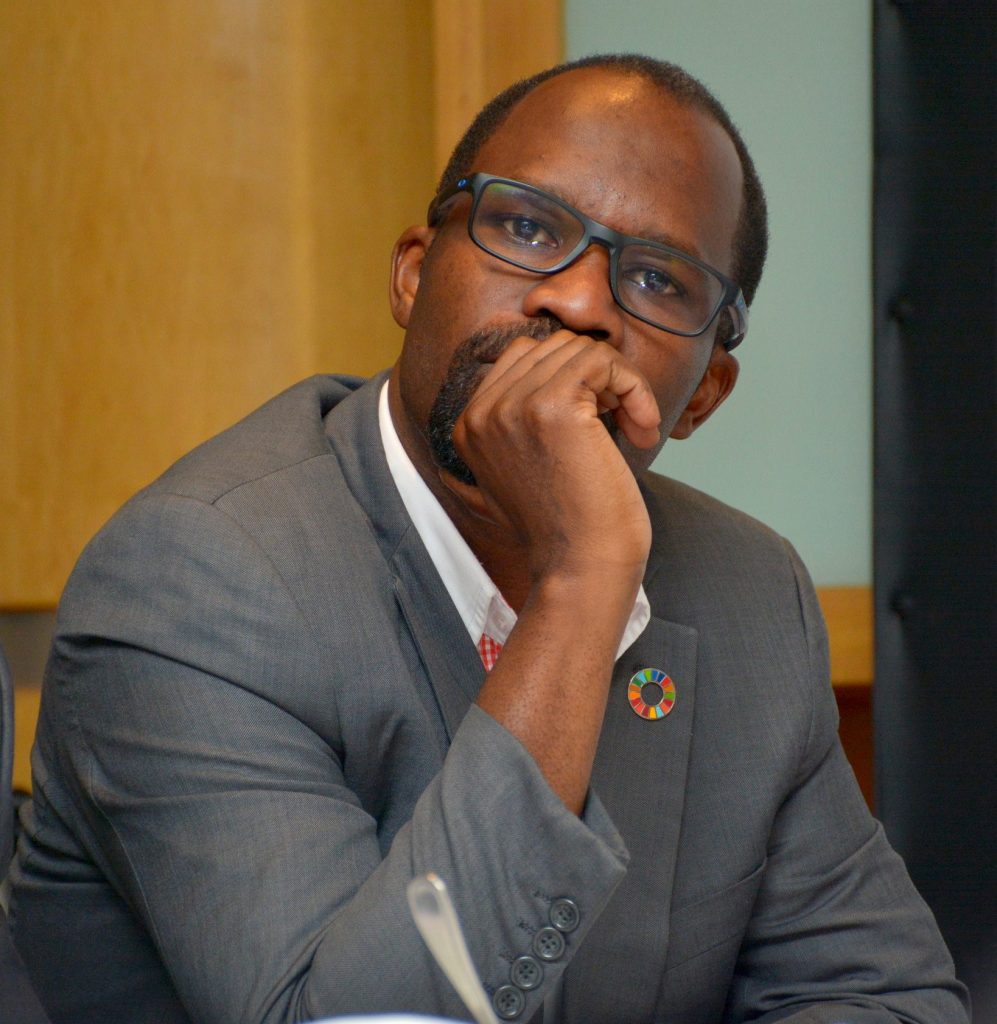
Can you share one major challenge you have faced in your career so far and how you overcame it?
That will be office politics. I love challenges and even thrive in a challenging environment but the one I would do anything to avoid is office politics. The sad thing about this is that hardly will you find a place without office politics.
Over the years, in all the companies I have worked for, I had to deal with one form of office politics or another. Some are as mild as somebody ‘innocently forgetting’ to invite you to a meeting, forgetting to share an important document, to as serious as doublespeak, blatant dishonesty, sabotage, and blame game.
When faced with such a situation, you may end up spending most of your time putting out imaginary fires, wasting time and money at the expense of the bigger picture. Over the years, I have, however, learnt to pick my battles. Today, I have compartmentalised battles in the workplace: those that I do not have to fight so I ignore, those that I must fight to win, those that I must fight to lose and those I consider pyrrhic victories in which case I decide to ignore because a win would not be any better than a loss.
It is surprising how by simply being aware of such situations can change the overall perspective. On the grand scheme of things, when I categorise the battles in this manner, I sometimes find myself enjoying the office politics because I know how to deal with it. That gives me room to focus on the big picture even as I deal with the politics.
Please share some professionals who have greatly impacted you in your journey so far.
This list will be quite long if I list everyone including my Mum who held my hand and led me to a career in journalism, I think she always pictured me being a successful broadcast journalist with the BBC or CNN.
One person however, who had the greatest impact in my career was the late Joseph Olewe Owiti, right from my days in campus. I was introduced to him by one of my lecturers, Dr. Charles Nyambuga, worked together at the Kenya News Agency, where I started off as an Intern and we maintained contact for over 10 years to the point when he retired as a Director of Information. The other one that comes to mind is Hilary Ng’weno, who I worked with to do the “Makers of a Nation” historical TV series with Nation Media Group. He was not a journalist by training but by practice, he is no doubt one of the best in the field.
On Public Speaking, I used to think I was good until I attended World’s Greatest Speaker Training in the USA, convened by Brendon Burchard. The most memorable instructors during that training were Roger Love, with his lessons on using the voice to move people and Bo Eason’s lessons on physicality and stage presence. I thank KenGen’s CEO, Mrs. Rebecca Miano, for this opportunity which she shared with me long before she was CEO.
There were many others who have shaped my career and continue to do so. Bottomline is that you never know who will be behind the door and swing it open for your next opportunity. I, therefore, ‘try’ to relate cordially with everyone I meet. I say ‘try’ because sometimes you cannot force relationships.
What professional advice would you give to your younger self?
This may not be professional but if I could go back to my younger self, I would ask him to settle down much earlier. I always feel that I took too long to get married. There was nothing stopping me from doing it much earlier, but I stubbornly chose not to. I know marriage is not for everyone but if you plan to do it, do it as soon as you are able to. The life of a bachelor with a regular source of income is not the best environment for professional growth. Those who have been there will understand me!
Other than that, my regrets are diminutive. My career has panned out in the way I have always pictured it. There are things I always told myself I had to achieve by the age of 40 but with that target closing in, I do not see myself achieving them by then. As they say, life begins at 40, so I will not beat myself too hard.

